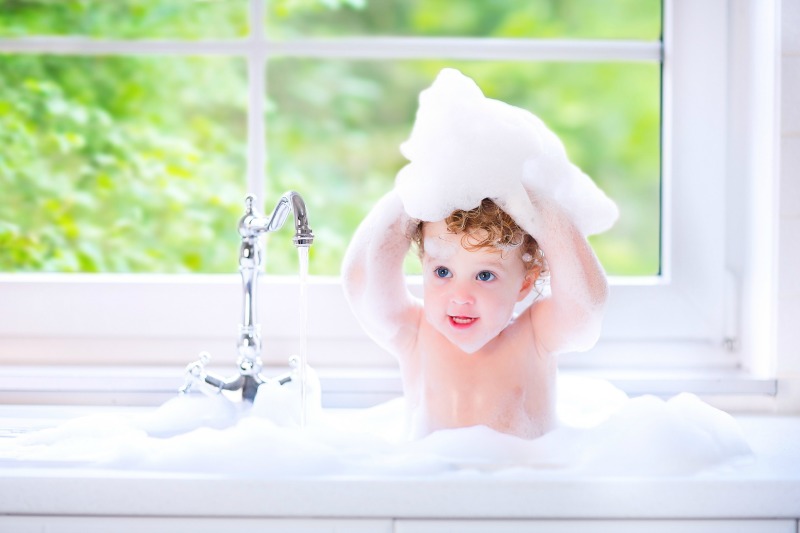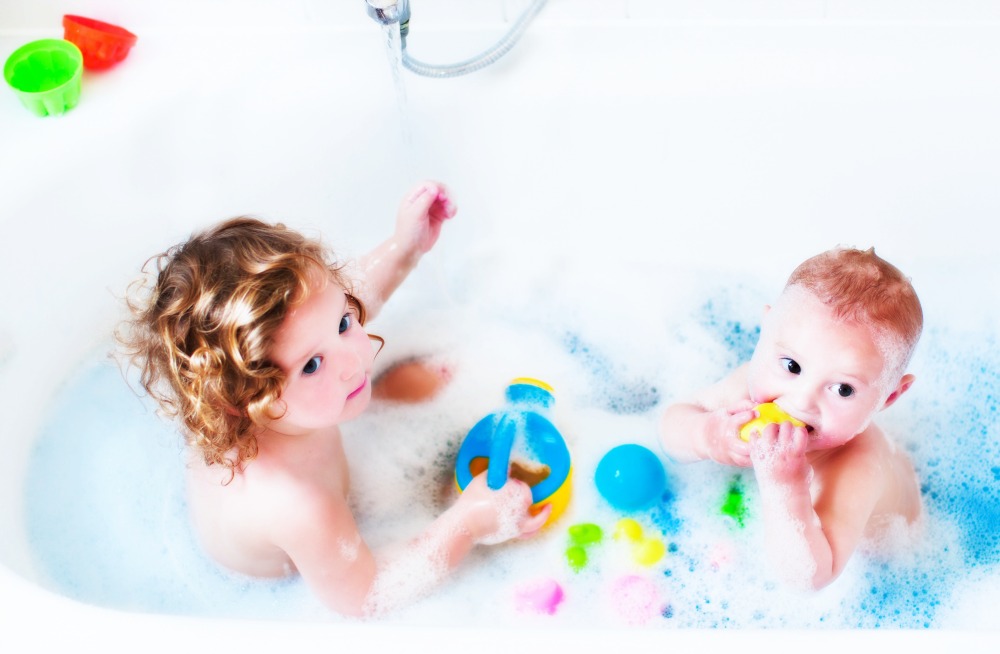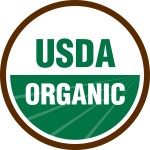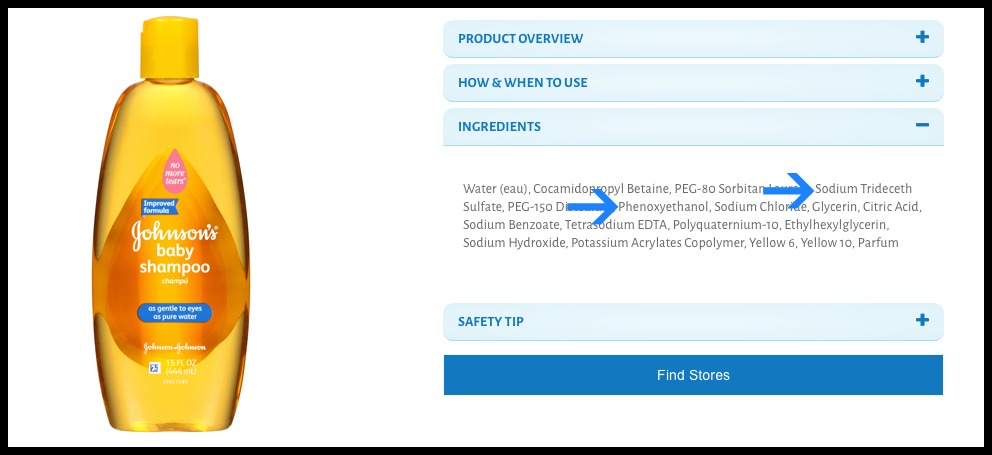
A cancer-causing chemical, 1,4 dioxane has been found in many “natural” products in a study done by the Organic Consumers Association. 1,4 Dioxane is “known by the state of California to cause cancer” under Proposition 65. It is also considered to be toxic to the kidneys and respiratory system, and it is also known to be a neurotoxicant (toxic to the nervous system).
1,4 dioxane is generated by the use of ethylene oxide, a cancer-causing petrochemical, which is used to make ingredients such as sodium lauryl sulfate less harsh. Since 1,4 dioxane is a by-product of the manufacturing process, it is not required to be listed on an ingredient label. However, it can be contaminating many of your personal care products, including shampoos, body wash, lotions, soaps, deodorants, and even baby wash and shampoos.
 The US Product and Safety Commission says that even trace amounts of 1,4 dioxane are cause for concern. So if we are being exposed to it in several, if not dozens of products a day, we may be getting more exposure than the “small amounts” some of the manufacturers are stating that their products contain. Even worse is that we may getting exposed to it multiple times throughout the day through a variety of products.
The US Product and Safety Commission says that even trace amounts of 1,4 dioxane are cause for concern. So if we are being exposed to it in several, if not dozens of products a day, we may be getting more exposure than the “small amounts” some of the manufacturers are stating that their products contain. Even worse is that we may getting exposed to it multiple times throughout the day through a variety of products.
After a computerized assessment of ingredients in 15,000 cosmetics and personal care products, the Environmental Working Group (EWG) estimates that 57% of all baby soaps may contain dioxane. Some research suggests that there may be a link between early onset puberty and common bath products.
If they’re not labeled, how do you find products that don’t contain 1,4 Dioxane?
Products that carry the USDA Certified Organic Seal were all found to not contain 1,4 dioxane, so look for this seal on your products.

Another way is to avoid all personal care products that contain the following ingredients:
- Sodium lauryl sulfate
- Sodium laureth sulfate
- Polysorbate 60

- Polysorbate 8
- PEG (polyethylene glycol)
- Polyethylene
- Polyoxyethylen
- Phenoxyethanol
- Any ingredient with the words myreth, oleth, laureth, ceteareth, or other “-eth” in the name
- Any ingredient with the name oxynol in it

The FDA does not require safety testing of personal care products, and the recommended maximum amount for dioxane is voluntary.
The cosmetics industry is responsible for the safety of its products, but the safety panel that runs it, The Cosmetics Industry Review Board, is run and funded by the industry’s own trade organization.
Sources
Agency for Toxic Substances and Disease Registry
National Center for Biotechnology Information
Phenoxyethanol Material Safety Data Sheet
